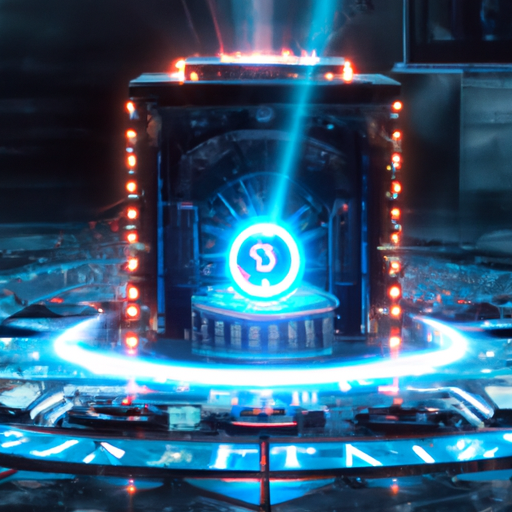
This question is meant to assess what the clock speed of the first large-scale fault-tolerant computers will be like. It asks about the first system which factors at least two 2048-bit semiprimes, without any "manual tweaks". It resolves YES if, based on reporting and technical publications, it appears that this system is capable, with a reasonably proficient human operator, of factoring two new random 2048-bit semiprimes given to it in under a minute, with at least 95% probability over the choice of the semiprimes.
"Manual tweaks" here includes any human using their hands or tools to interface with the machine in ways that can't in principle be done using a keyboard. This is to rule out circuits which are engineered with the modulus "baked in". Flipping a switch on and off by hand to reset the machine would not be a manual tweak. Entering the entire modulus by flicking a sequence of switches on the machine would be a manual tweak. Getting a robot to do the flipping of the switches would not be a manual tweak, but would be counted towards the minute.
The first one is unlikely to significantly outperform the architecture presented by Gidney and Ekerå:
https://arxiv.org/abs/1905.09749
I expect it to be a noisy generator of candidate factors that then have to be checked by a conventional computer. The probability of invalid results due to noise grows exponentially with the number of qubits, and the first computer with enough qubits to do this at all will not have solved the noise problem, so it will take a long time.
